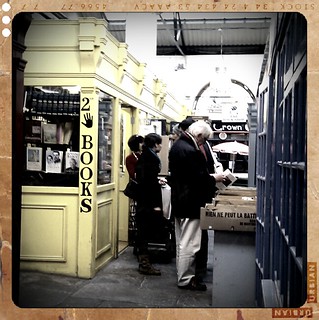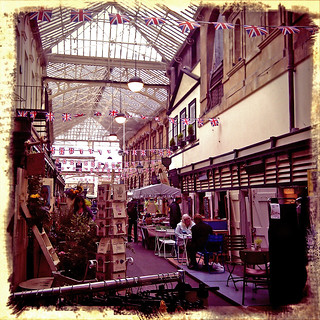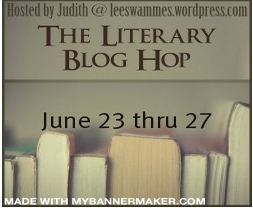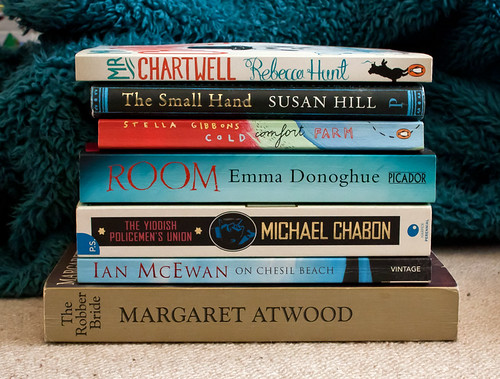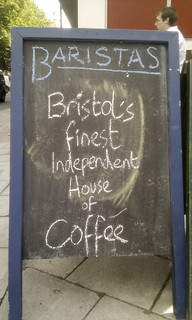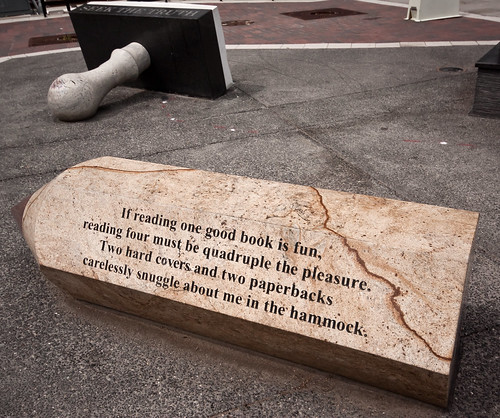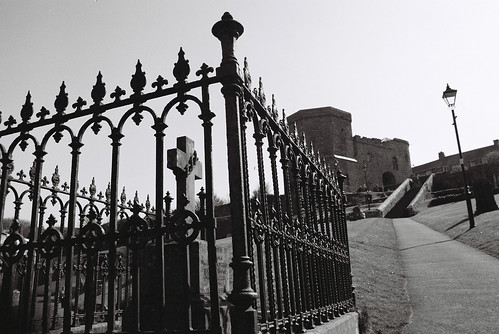Local bookshops: Beware of the Leopard
Beware of the Leopard is a secondhand bookshop in the heart of Bristol’s Old City, overflowing with books and a particular treasure trove of old annuals. Not to mention that awesome name (a quote from Hitchhiker’s Guide to the Galaxy).
It occupies two units opposite each other in the covered market, plus as many boxes and shelves in-between as they can fit. It looks haphazard but is actually well organised, you just need to know the system. It’s not really a place to go with a specific book in mind, it’s more of a browse and stumble across several gems sort of a place.
The shelves are crammed close together so that you are constantly manoeuvring around other customers, which makes for a pretty friendly experience! And the staff know their stock, so it’s always worth asking.
Beware of the Leopard benefits from having a fantastic location within St Nicholas Market, which is my (and many other Bristolians’) favourite lunchtime venue. So many tasty foods to choose between, my mouth is watering at the thought. And when you look up, it’s an impressive building too.
Beware of the Leopard
66–69 & 77 St Nicholas Market
St Nicholas Street
Bristol
BS1 1LJ

